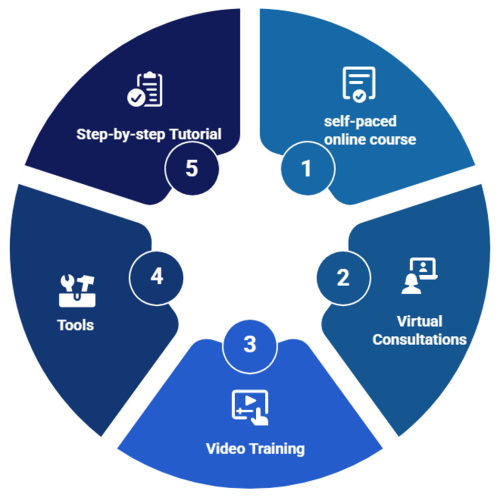
EQUIP stands for Evidence-based Quality Improvement Project.
Empowering Frontline Nurses as Implementation Science Leaders
it’s a structured, nurse-led program designed
to bridge the gap between evidence and practice.
Through EQUIP, frontline nurses are:
Empowered to act as change agents
Lead quality improvements and
Reform policy using implementation science.
Why is Evidence-Based Practice (EBP) Important for Nursing?
Main benefits
Nurses reduce healthcare costs through evidence-based practice by preventing complications, reducing readmissions, and improving care efficiency.
Recent studies (2023–2024) show advanced practice nurses lower hospitalization costs and improve patient outcomes.
EBP ensures clinical decisions are guided by the best available evidence, enhancing care quality and safety.
Recent studies highlight that EBP reduces adverse events and promotes safer patient outcomes.
A nurse managing a patient at high risk for pressure injuries uses an EBP protocol: frequent turning (every 2 hours), moisture management, and pressure-relieving mattresses. This approach is based on current evidence and directly supports safer, smarter clinical decisions.
Uses Proven Interventions:
EBP relies on the latest research, ensuring nurses use treatments and techniques that are scientifically proven to work—reducing complications, infections, and errors.Promotes Consistency in Care:
Standardized, evidence-based protocols lead to more reliable care across providers, which decreases variability and improves overall patient results.Enhances Early Detection and Prevention:
EBP encourages proactive assessments (e.g., fall risk, pressure injury risk), allowing nurses to intervene early and prevent issues before they arise.Involves Patients in Care Decisions:
By integrating patient preferences with evidence, EBP supports shared decision-making, which improves adherence to treatment and satisfaction—key factors in better outcomes.




